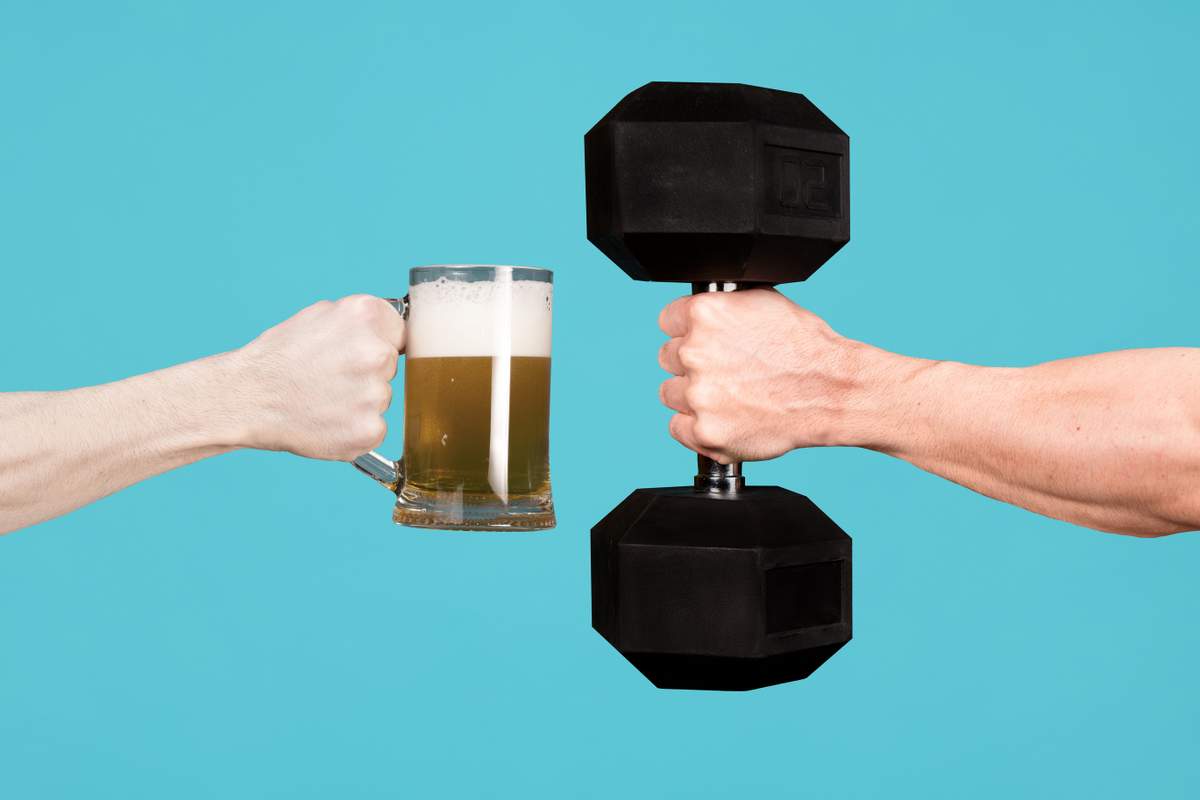
Many craft beer drinkers are athletes and outdoorsy, and many craft beer drinkers are sloven, TV-watching couch potatoes. Craft beer can contribute to a variety of healthy and unhealthy lifestyles, but which one is the right lifestyle for you? For argument’s sake, let’s say you’re interested in creating a few healthy habits. How does something like craft beer even fit into a busy weekly workout schedule? Is it possible that going to the bar after a session of jumping rope or weightlifting may destroy all of your hard work? We always hear about triathletes crushing a beer after a big race. Is that a good idea?
The short answer is probably no — it’s not a good idea, if that beer has alcohol — but luckily today we have an amazing market full of great non-alcoholic craft beer. So back to the original question: Can having a delicious craft non-alcoholic beer after a set of quad workouts negatively impact your gains? Fortunately, you are not alone in wondering this. Let’s start with what’s beneficial to eat after exercise to narrow down our options and get closer to the truth.
Exercise and a cold one
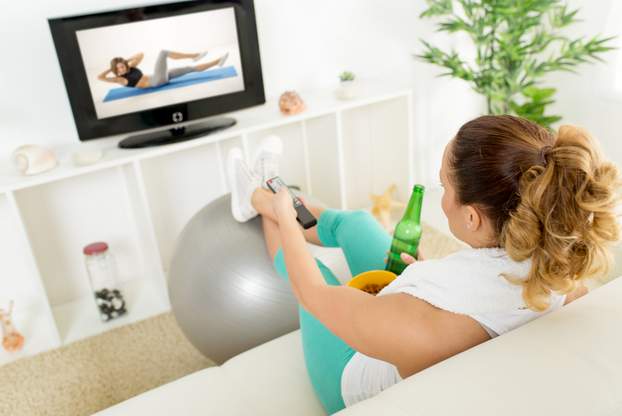
Many athletes have a favorite post-workout beverage: a protein shake, chocolate milk or a smoothie. There are several possible post-workout drinks, but they all have a few key characteristics. Protein, carbs, and electrolytes are the three components that should be included in post-workout recovery beverages. Protein helps muscles repair, carbohydrates replace glycogen reserves, and electrolytes help you rehydrate. To what extent does beer measure up?
Beer has more carbs than other beverages, which is something most people who have tried to cut down on alcohol know. There are, on average, 3 to 15 grams of carbs in a 12-oz beer. That’s a lot fewer carbohydrates than fitness professionals often recommend after a workout. What about protein? Craft beer like Alamo’s Helles Bock includes a paltry 1 or 2 grams of protein, which is insufficient to provide your muscles with this essential macronutrient. Still, little protein is better than no protein at all. The average beer has very few electrolytes, which may be dehydrating.
Alcohol is the real killer here. You should be fully aware of the variety of risks associated with drinking alcohol after a workout — it slows down the muscle repair process and slows the ability to store energy. To anybody who has ever spent the night on the town, the diuretic effects of alcohol are well known. In other words, drinking alcohol leads you to urinate more often, which leads to dehydration. Last but not least, given that beer is a sedative, drinking it after working out might slow down recovery, resulting in increased muscle pain and a reduction in the overall benefits of working your ass off in the gym.
Of course, moderation is key. You probably won’t lose much ground in the fitness department if your training time conflicts with a local bar’s happy hour. However, when a post-workout beverage is relied upon often, might we suggest an…
After-workout NA beer
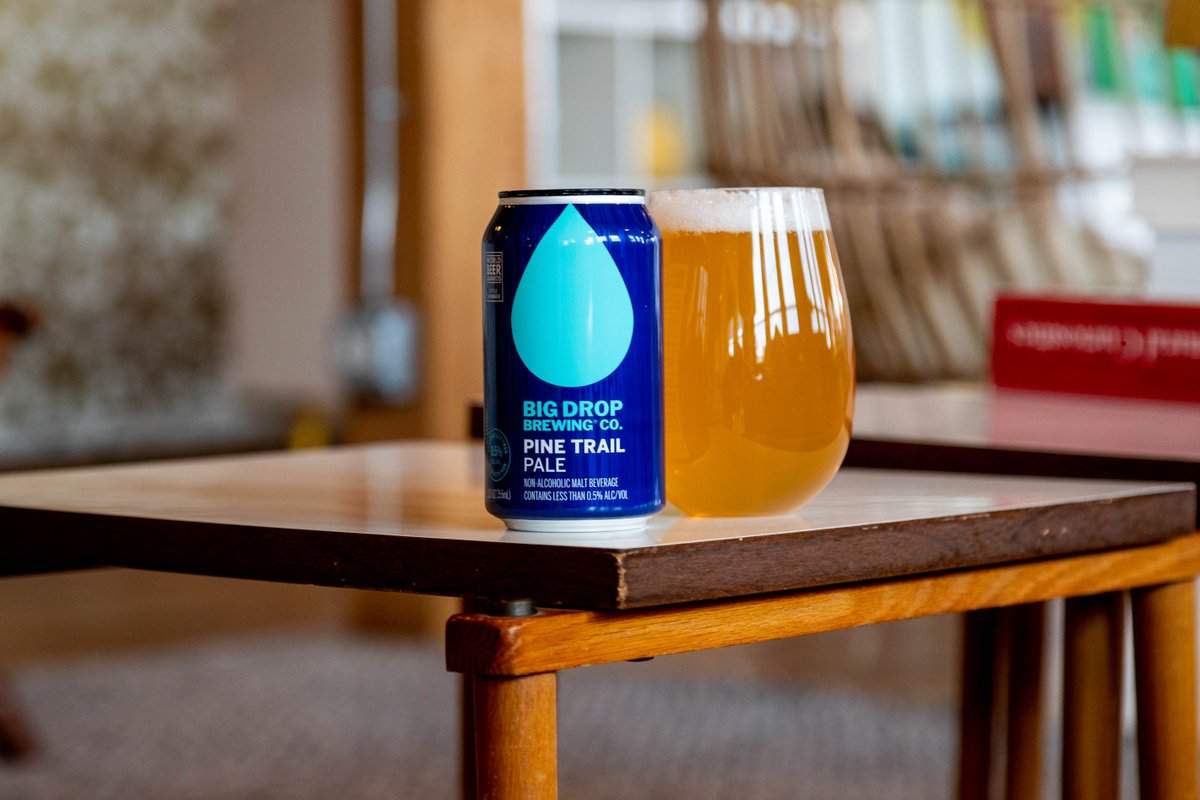
Several studies have shown that consuming non-alcoholic beer after exercise may have positive effects. The official website for Team USA at the Olympics states that “drinking a non-alcoholic beer may assist an athlete in get the most out of exercises and being better prepared for maximum recovery.” This statement leads one to believe that this beverage has many of the same characteristics as a sports recovery drink, including carbs and glycogen.
In 2012, researchers used a randomized sample of marathon runners to test for post-race inflammation and discovered that non-alcoholic beer possesses anti-inflammatory characteristics. The levels of inflammation were found to be drastically reduced. Jump roping is a cardiovascular exercise. Thus it may be helpful to have an anti-inflammatory beverage before and during the workout. So, although chugging a bunch of beers after a morning exercise would set you back, it seems like popping open a non-alcoholic craft beer might set you back less.
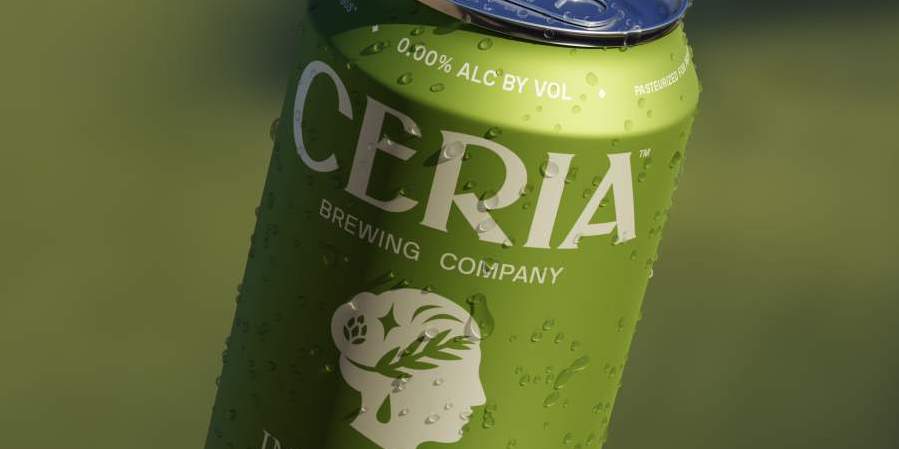
Is there a danger that consuming that six-pack will prevent you from achieving that goal? If your goal is losing weight, then yes, it could. Luckily, today there are lots of non-alcoholic options. If you’re in a social scenario and feel like having a drink, choose a NA beer with carbs and electrolytes to aid in recovery.
Phil Blechman is a freelancer writer for BarBend.

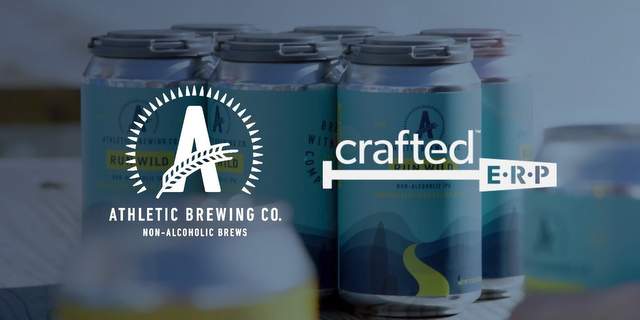




Leave a Reply
You must be logged in to post a comment.